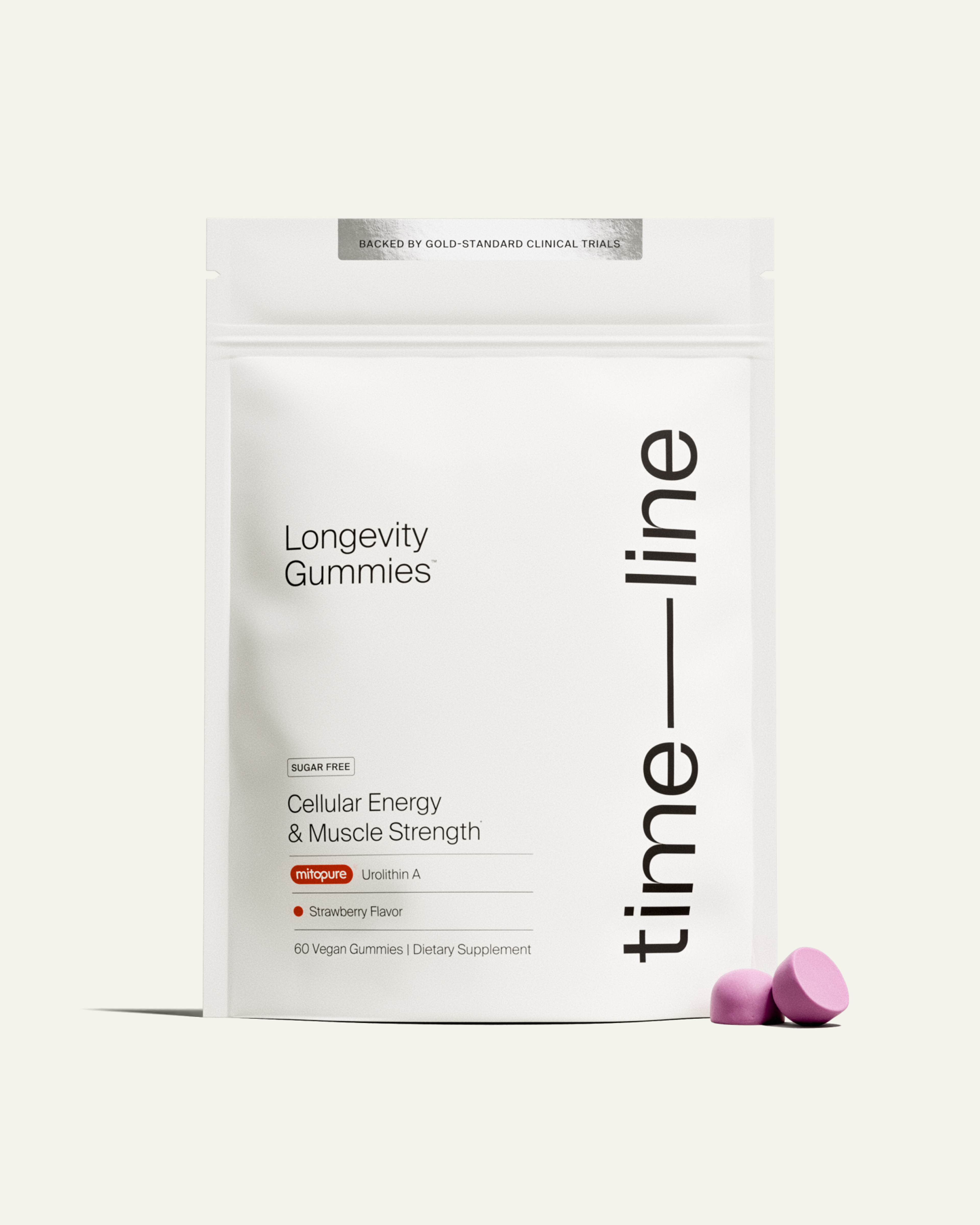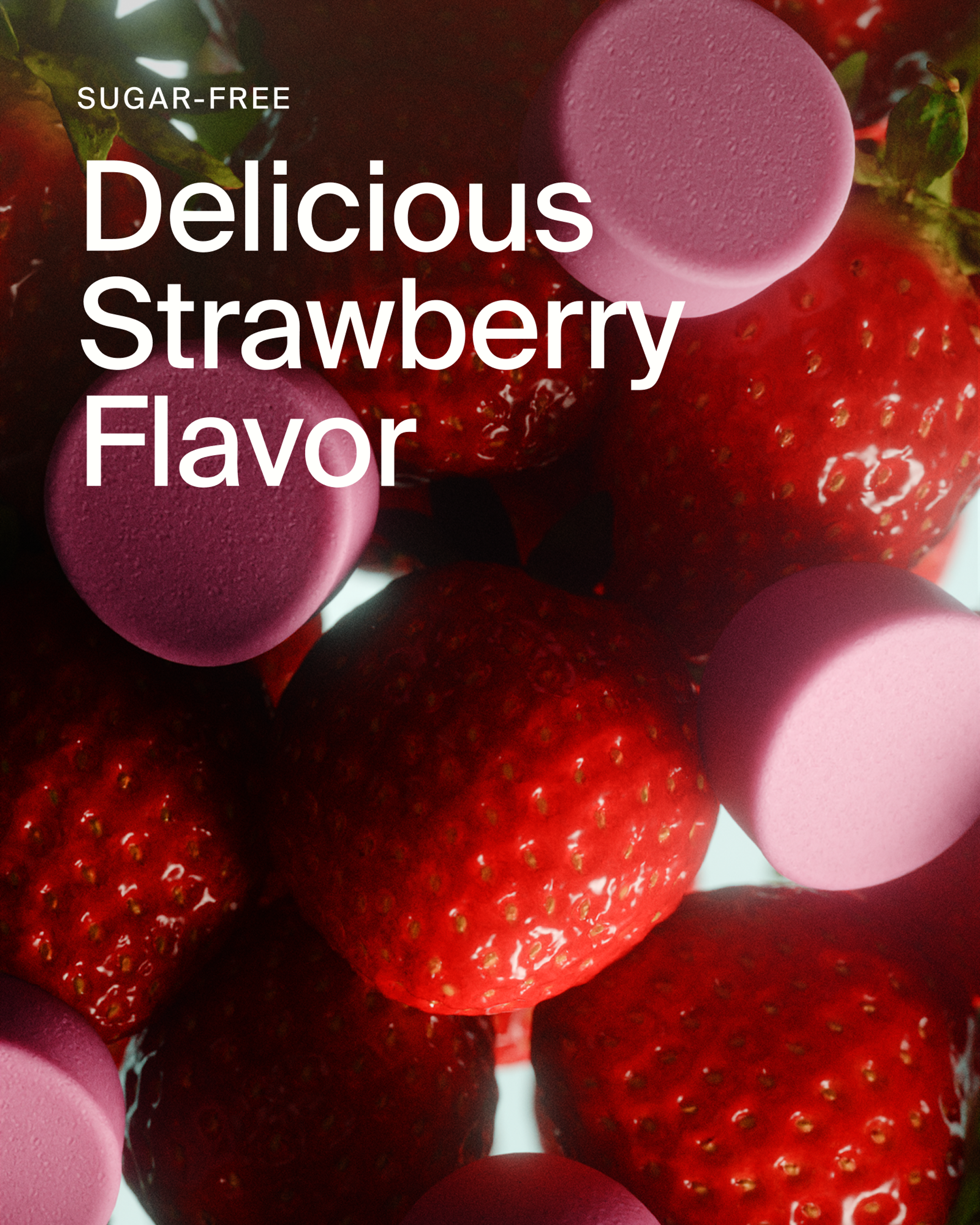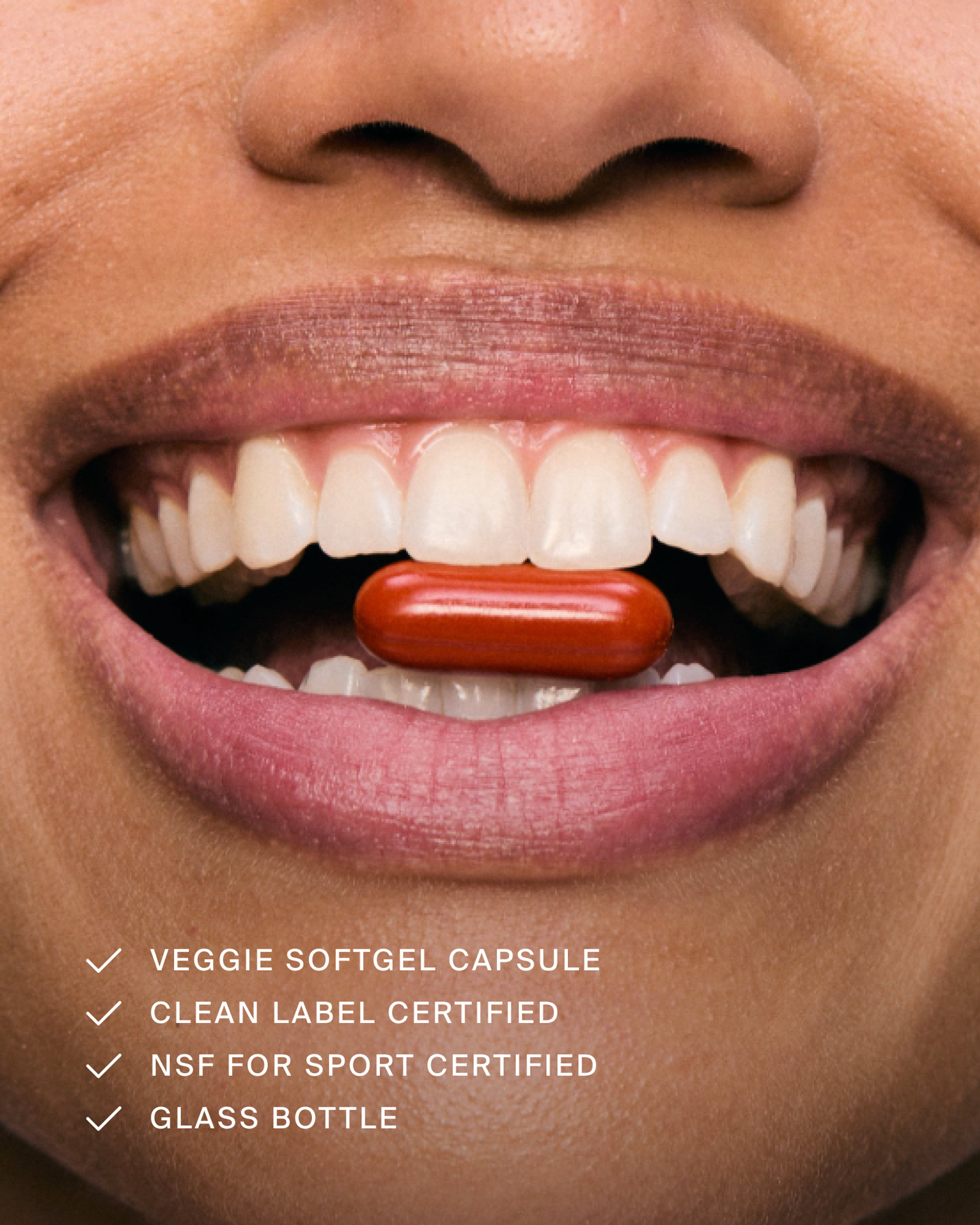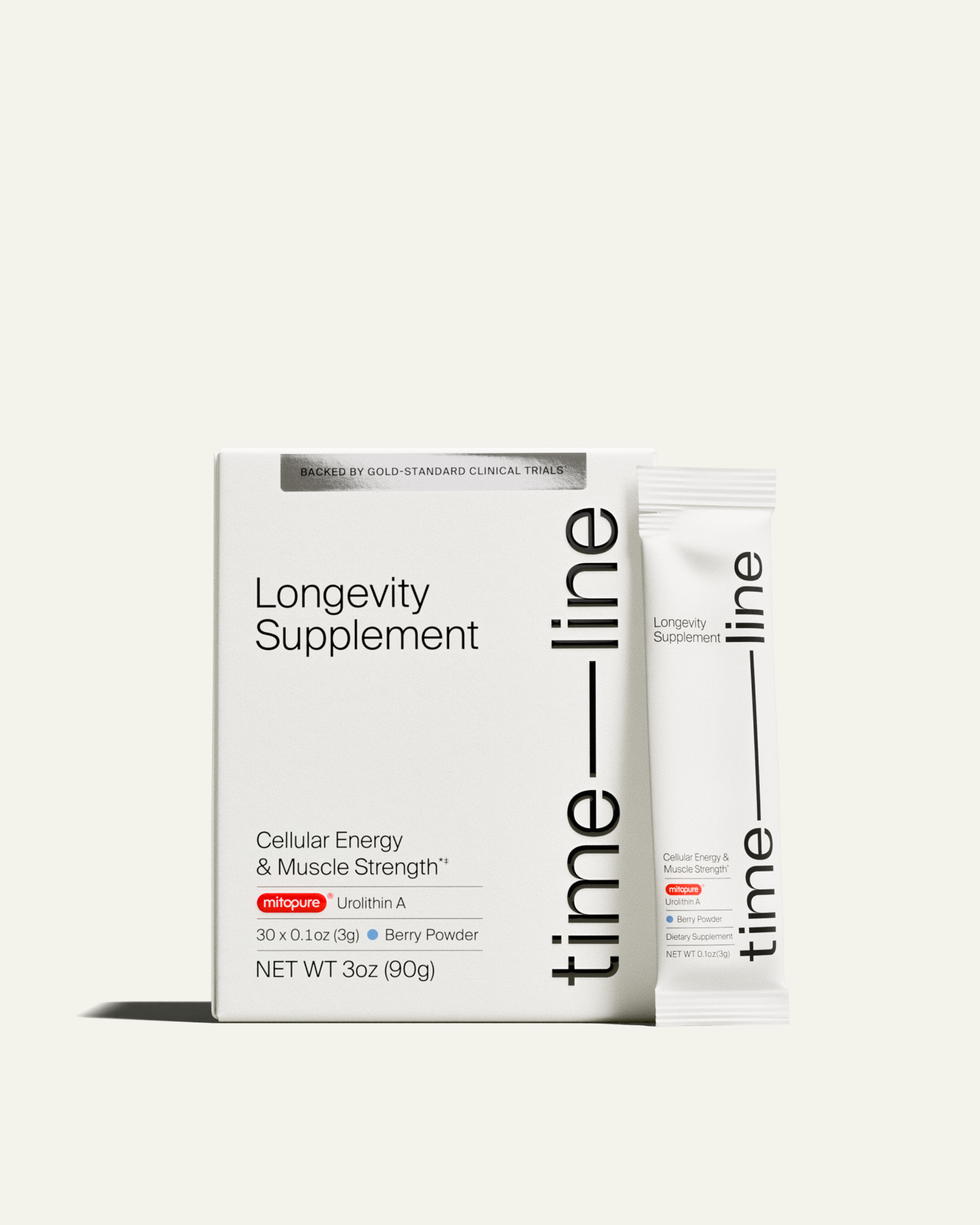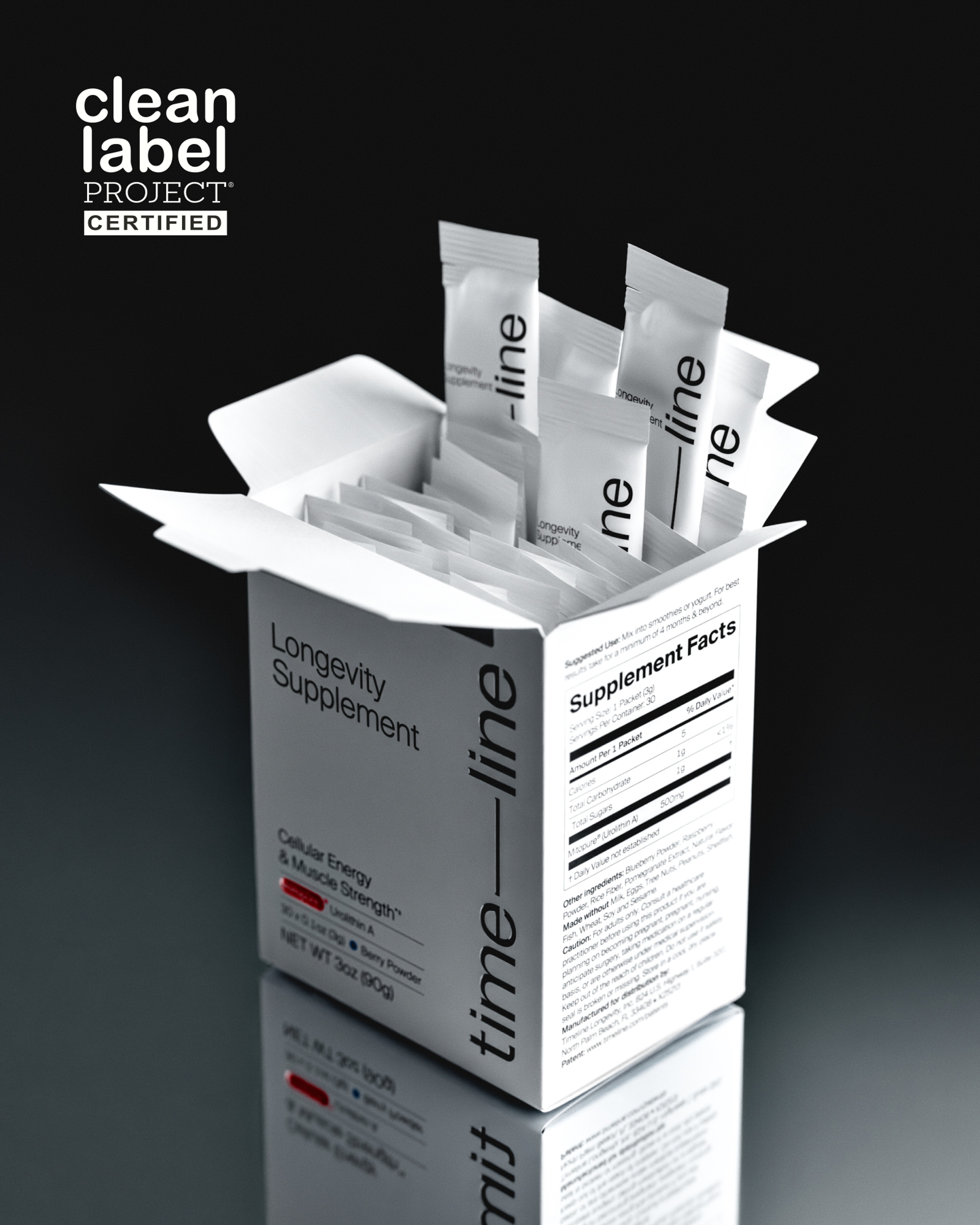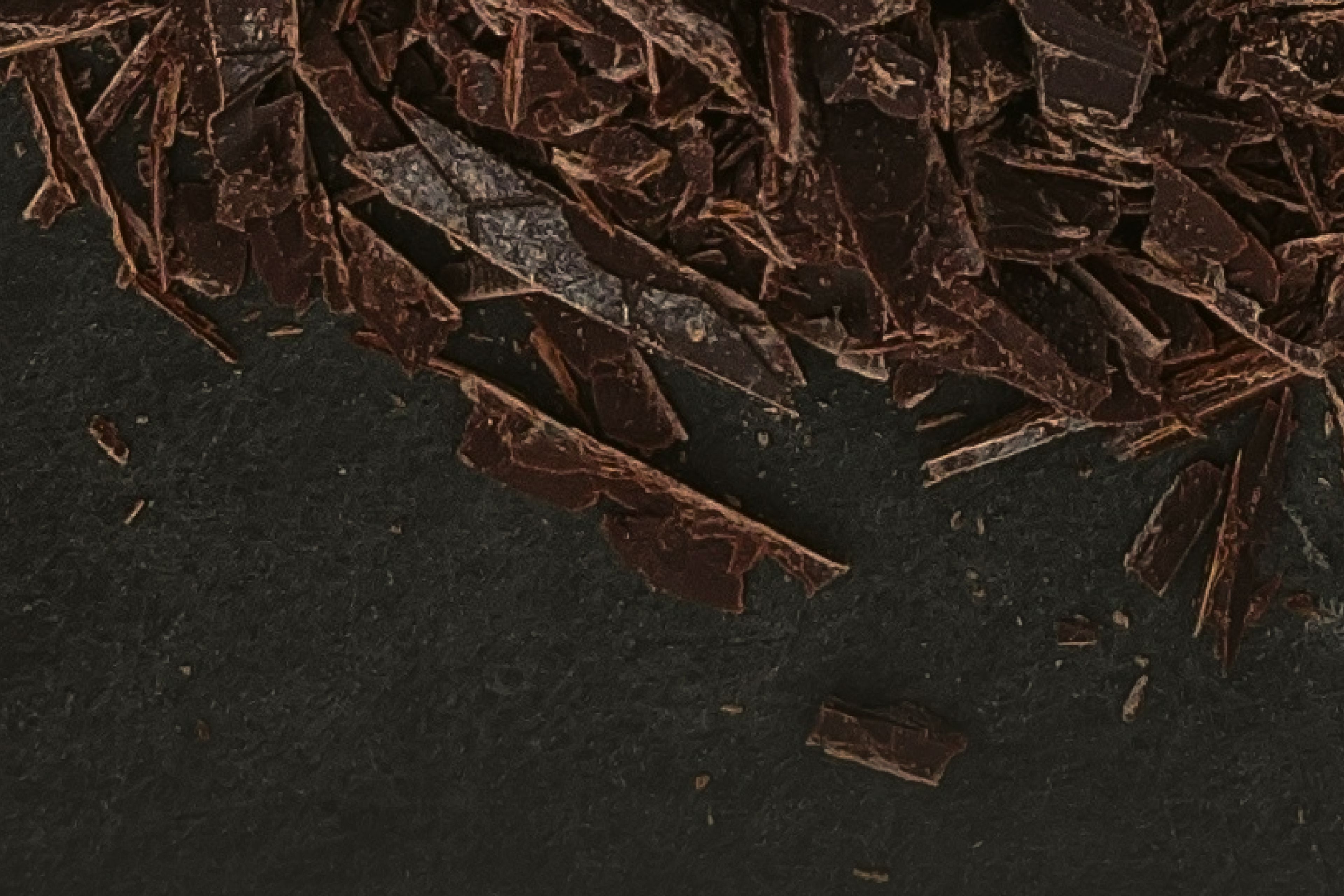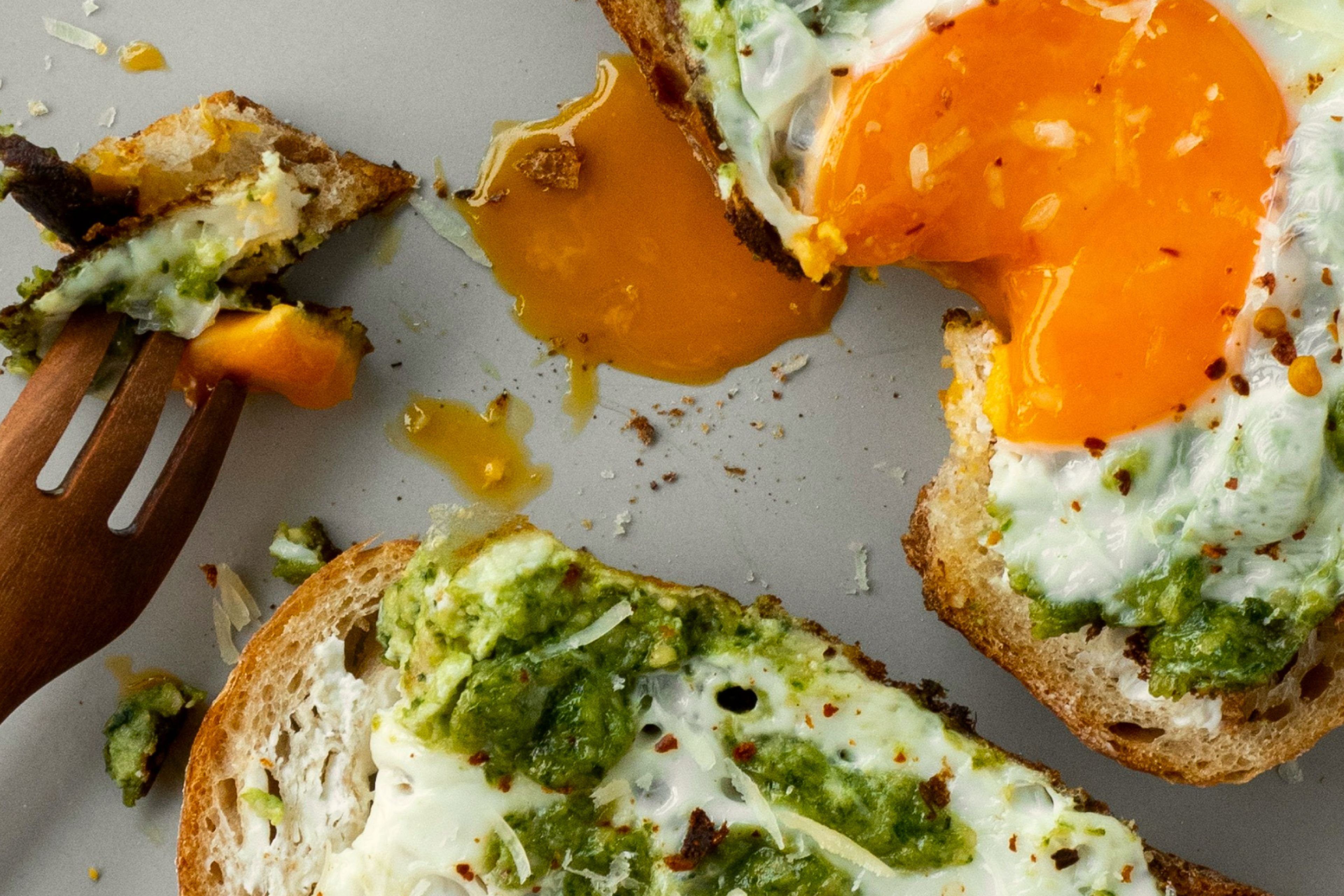The 5 Best Foods to Limit Inflammation
An anti-inflammatory diet supports healthy aging and can reduce disease risk. Learn the top foods that reduce inflammation and which to avoid.

What to know
Inflammation is your body’s natural response to stress.
Your daily food choices play an important role in reducing inflammation and supporting healthy aging.
Eating more foods such as berries, fatty fish, pomegranates, ginger, and turmeric helps fight inflammation.
Avoiding foods that are processed, refined carbs, red and processed meats, alcohol, and added sugar as much as possible can fight inflammation.
Inflammation is your body’s natural response to stress. When viruses, bacteria, or other damaging agents are detected by your body, your immune system activates an inflammatory response to keep you healthy.
You can support your health and promote healthy aging by eating anti-inflammatory foods and reducing your intake of other foods. Here we’ve got the foods, vitamins, and supplements to take to support a healthy immune response.
What to eat to slow down natural inflammation in the body
Here are the top 5 foods to fight inflammation to start incorporating into your diet today.
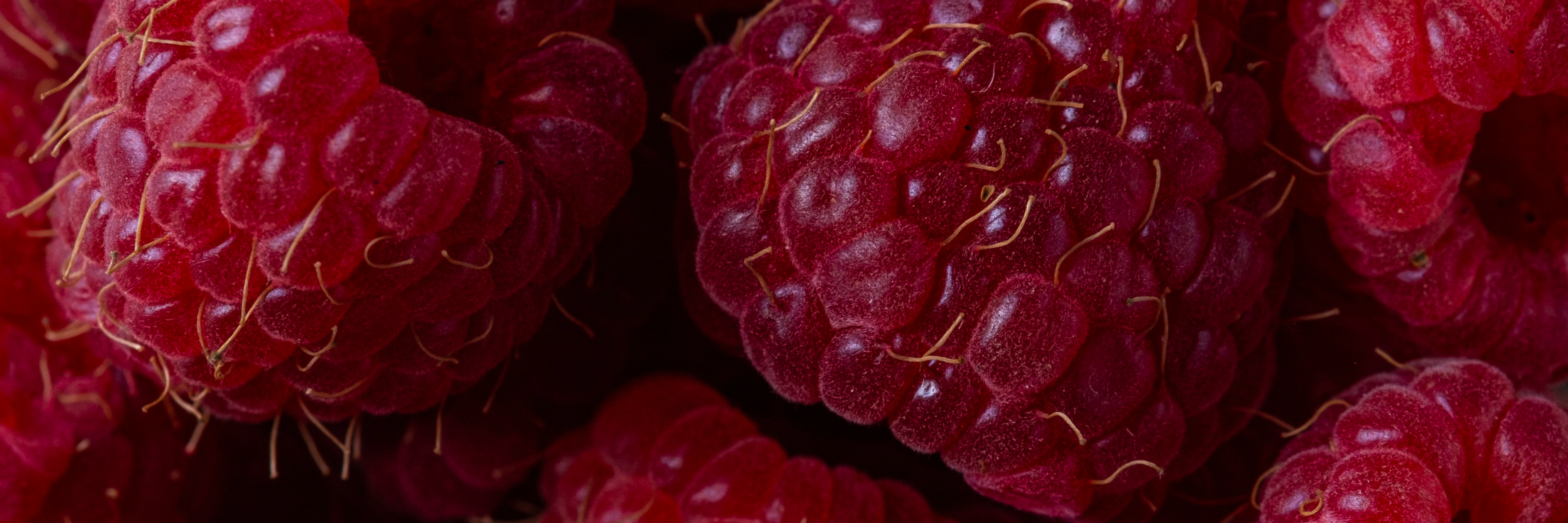
1. Berries
Berries are healthy aging, antioxidant powerhouses, and are one of the best foods for inflammation. They are packed with fiber, vitamins, minerals, and antioxidants called anthocyanins that quelch inflammation and strengthen the immune system.[1]
Include strawberries, blueberries, blackberries, and raspberries in your yogurt, oatmeal, salads, or as a sweet afternoon snack.Dietitian’s tip
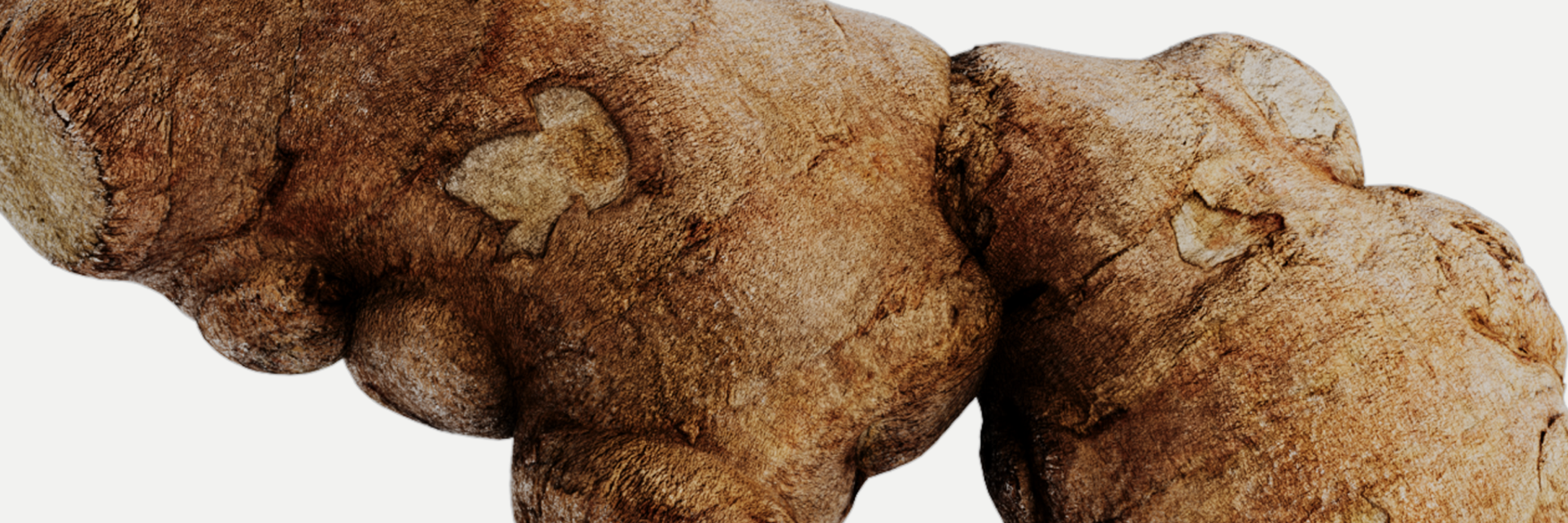
2. Ginger
Ginger is a popular spice used both in cooking and traditional medicine and is one of the best foods that help with inflammation. Ginger has over 400 bioactive compounds, which have strong anti-inflammatory activity.[2]
Include ginger in stir-fries, enjoy ginger tea, or take a daily ginger supplement to fight against inflammation.Dietitian’s tip
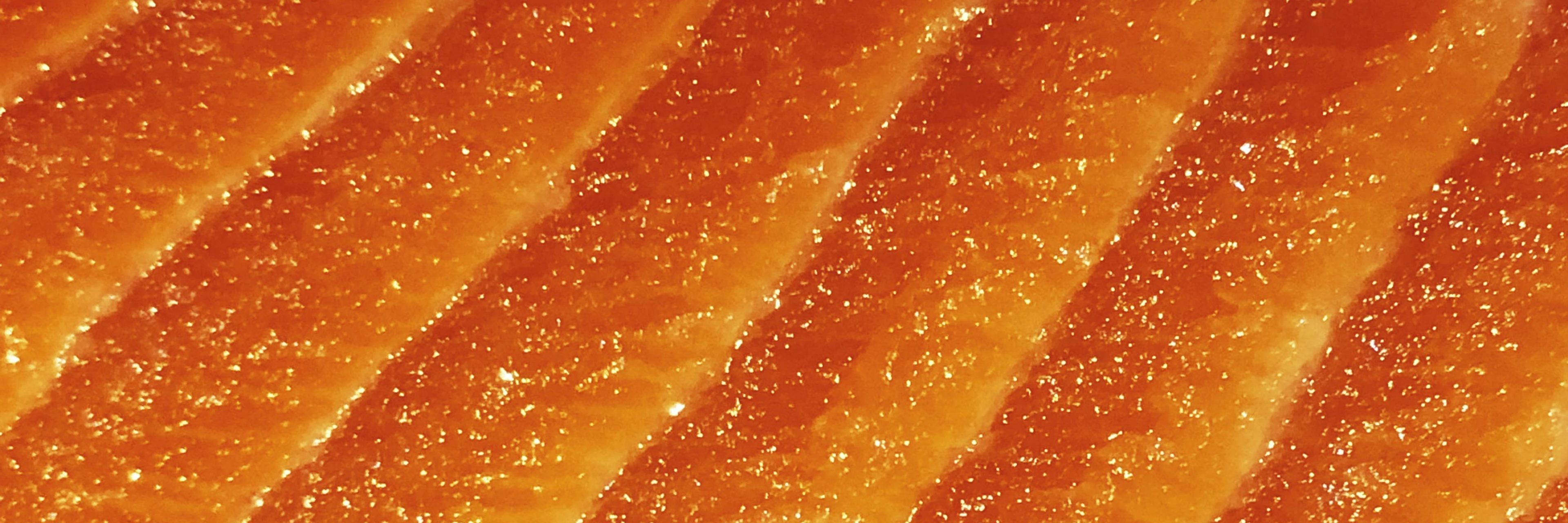
3. Fatty fish
Fish such as salmon, mackerel, herring, anchovies, and sardines are excellent sources of anti-inflammatory omega-3 fats eicosapentaenoic acid (EPA) and docosahexaenoic acid (DHA). Studies have shown that people who eat fatty fish as a part of their regular diet tend to have better biomarkers of metabolic health.[3]
But no need to worry if you’re not a fish lover - you can get your daily dose of omega-3s from plant-based sources like chia seeds, flaxseed, hemp seeds, walnuts, and algal oil.
Include 2-3 servings of fatty fish per week, eat plenty of walnuts and seeds, or consider taking DHA and EPA supplements as part of your anti-inflammatory protocol.Dietitian’s tip
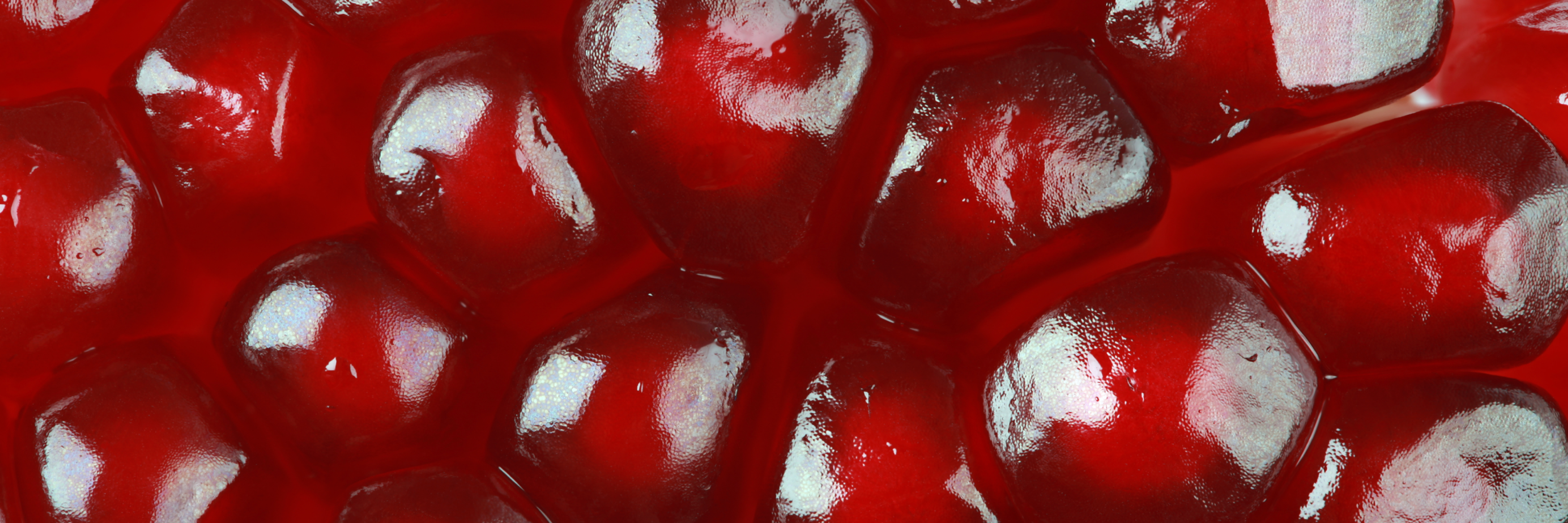
4. Pomegranates
Pomegranates are the holy grail of anti-inflammatory foods. Not only are they highly nutritious, but they possess powerful anti-aging and anti-inflammatory properties.
Pomegranates are full of polyphenols that actively promote health. One group called ellagitannins is broken down into a compound called Urolithin A (UA) by our gut microbiome, which plays a role in how our cells age. Unfortunately, many people are not able to create UA in the body and thus miss out on its health benefits.[4]
Sprinkle pomegranate seeds into yogurt, enjoy on their own, or take Mitopure to ensure you’ll receive the UA benefits.Dietitian’s tip
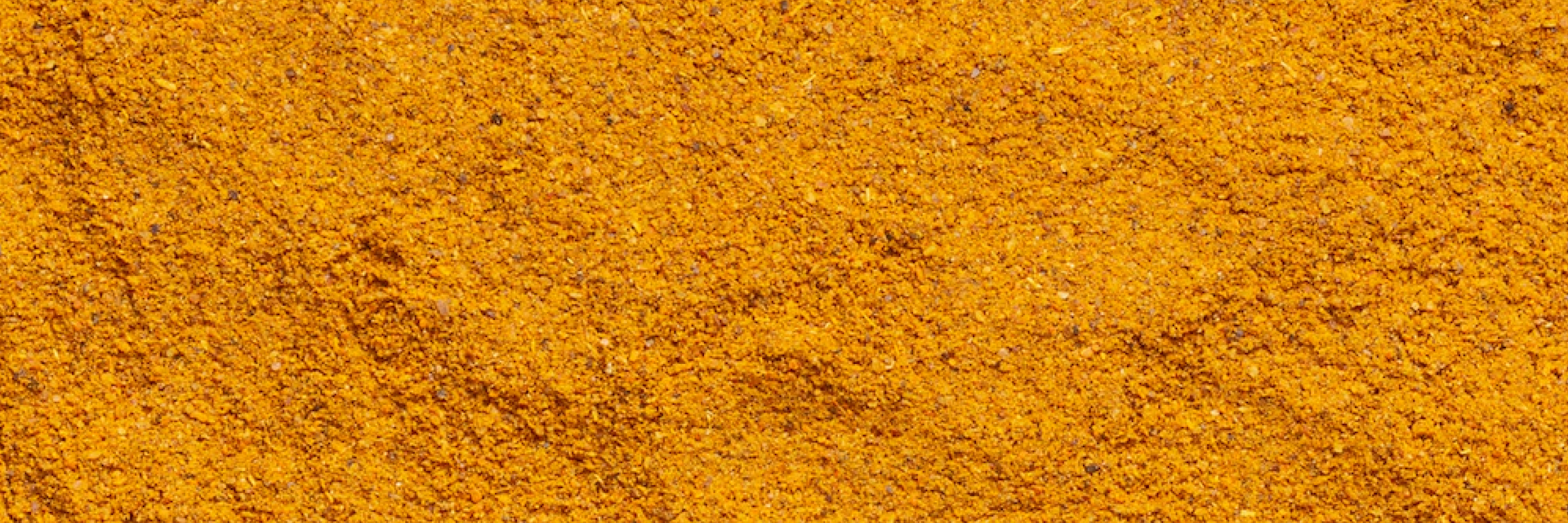
5. Turmeric
Turmeric is a warm spice used in traditional medicine and is another one of the best foods to fight inflammation. It’s a rich source of a powerful antioxidant called curcumin that can help to combat free radical damage and support a healthy inflammatory response.[5]
To experience the anti-inflammatory benefits of turmeric, it can be added to food or taken as a supplement. Turmeric lattes are another delicious way to enjoy turmeric.Dietitian’s tip

List of foods that cause inflammation
In addition to eating foods that fight inflammation, it’s also important to learn the foods to avoid inflammation in the first place. Here are the top foods to limit as much as possible.
- Processed foods - fast food, fried foods, packaged foods
- Alcohol - of any kind, including beer, wine, and liquor
- Sugar and sugary beverages - juice, soda, energy drinks, and sweetened coffees
- Refined carbohydrates - white bread, pasta, bagels, muffins, donuts, pastries, sweets
- Red and processed meat - beef, ham, hot dogs, bacon, sausage
Many of these foods are high in added sugar and can alter the bacteria in our gut, interact with our immune system, and lead to a chronic inflammatory response.[6]
Red and processed meat may trigger inflammation through their effects on oxidative stress, a condition where there are too many unstable molecules in the body. Eating too much can increase oxidative stress.[7]
Not only do these foods increase inflammation in the body, but they are high in calories.

Anti-inflammatory diet for longevity
If you’re currently in good health and your goal is to avoid inflammation in the first place, following an anti-inflammatory diet is essential.
Prioritizing these nutritious, antioxidant-rich whole foods in your diet supports a healthy lifestyle and promotes longevity.
Here is a list of nutrients that are good for you against inflammation:
- Amino Acids - High-quality protein from eggs, chicken, turkey, Greek yogurt, tofu, fish, legumes, and beans or a whey protein powder
- Antioxidants/polyphenols - fruits, vegetables, and spices like ginger and turmeric
- Omega-3’s/healthy fats - fatty fish like salmon, mackerel, herring, and sardines
- Vitamins - vitamins A, C, and E are the most powerful antioxidant vitamins and are found in citrus fruits, bell peppers, broccoli, nuts, and vegetable oils
- Probiotics - live microorganisms that support a healthy gut and immune system
All of these nutrients support healthy aging and strengthen your body’s defense against inflammation. While there is no replacement for a good diet, taking supplements may help to fill any gaps you may have. It’s always best to work with a qualified healthcare provider to help determine what supplements are right for you.
Final Words
Your diet choices play a vital role in reducing inflammation and, ultimately, in supporting your health and longevity.
Consuming an anti-inflammatory diet with plenty of whole, nutritious foods and spices and avoiding processed, pro-inflammatory foods will do your body good in more ways than one.
Authors

Author
Dietitian-Nutritionist, and Health Content Writer

Reviewed by
Director Science Communications
References
- ↑
Afrin S, Gasparrini M, Forbes-Hernandez TY, Reboredo-Rodriguez P, Mezzetti B, Varela-López A, Giampieri F, Battino M. Promising Health Benefits of the Strawberry: A Focus on Clinical Studies. J Agric Food Chem. 2016 Jun 8;64(22):4435-49. doi: 10.1021/acs.jafc.6b00857. Epub 2016 May 31. PMID: 27172913.
- ↑
Ballester P, Cerdá B, Arcusa R, Marhuenda J, Yamedjeu K, Zafrilla P. Effect of Ginger on Inflammatory Diseases. Molecules. 2022; 27(21):7223. https://doi.org/10.3390/molecules27217223
- ↑
Natto ZS, Yaghmoor W, Alshaeri HK, Van Dyke TE. Omega-3 Fatty Acids Effects on Inflammatory Biomarkers and Lipid Profiles among Diabetic and Cardiovascular Disease Patients: A Systematic Review and Meta-Analysis. Sci Rep. 2019 Dec 11;9(1):18867. doi: 10.1038/s41598-019-54535-x. PMID: 31827125; PMCID: PMC6906408.
- ↑
Singh A, D'Amico D, Andreux PA, Dunngalvin G, Kern T, Blanco-Bose W, Auwerx J, Aebischer P, Rinsch C. Direct supplementation with Urolithin A overcomes limitations of dietary exposure and gut microbiome variability in healthy adults to achieve consistent levels across the population. Eur J Clin Nutr. 2022 Feb;76(2):297-308. doi: 10.1038/s41430-021-00950-1. Epub 2021 Jun 11. PMID: 34117375; PMCID: PMC8821002.doi:10.1001/jamanetworkopen.2021.44279
- ↑
Jakubczyk K, Drużga A, Katarzyna J, Skonieczna-Żydecka K. Antioxidant Potential of Curcumin-A Meta-Analysis of Randomized Clinical Trials. Antioxidants (Basel). 2020 Nov 6;9(11):1092. doi: 10.3390/antiox9111092. PMID: 33172016; PMCID: PMC7694612.
- ↑
Mignogna C, Costanzo S, Di Castelnuovo A, Ruggiero E, Shivappa N, Hebert JR, Esposito S, De Curtis A, Persichillo M, Cerletti C, Donati MB, de Gaetano G, Iacoviello L, Bonaccio M; Moli-sani Study Investigators. The inflammatory potential of the diet as a link between food processing and low-grade inflammation: An analysis on 21,315 participants to the Moli-sani study. Clin Nutr. 2022 Oct;41(10):2226-2234. doi: 10.1016/j.clnu.2022.08.020. Epub 2022 Aug 24. PMID: 36081297.
- ↑
Chai W, Morimoto Y, Cooney RV, Franke AA, Shvetsov YB, Le Marchand L, Haiman CA, Kolonel LN, Goodman MT, Maskarinec G. Dietary Red and Processed Meat Intake and Markers of Adiposity and Inflammation: The Multiethnic Cohort Study. J Am Coll Nutr. 2017 Jul;36(5):378-385. doi: 10.1080/07315724.2017.1318317. Epub 2017 Jun 19. PMID: 28628401; PMCID: PMC5540319.
